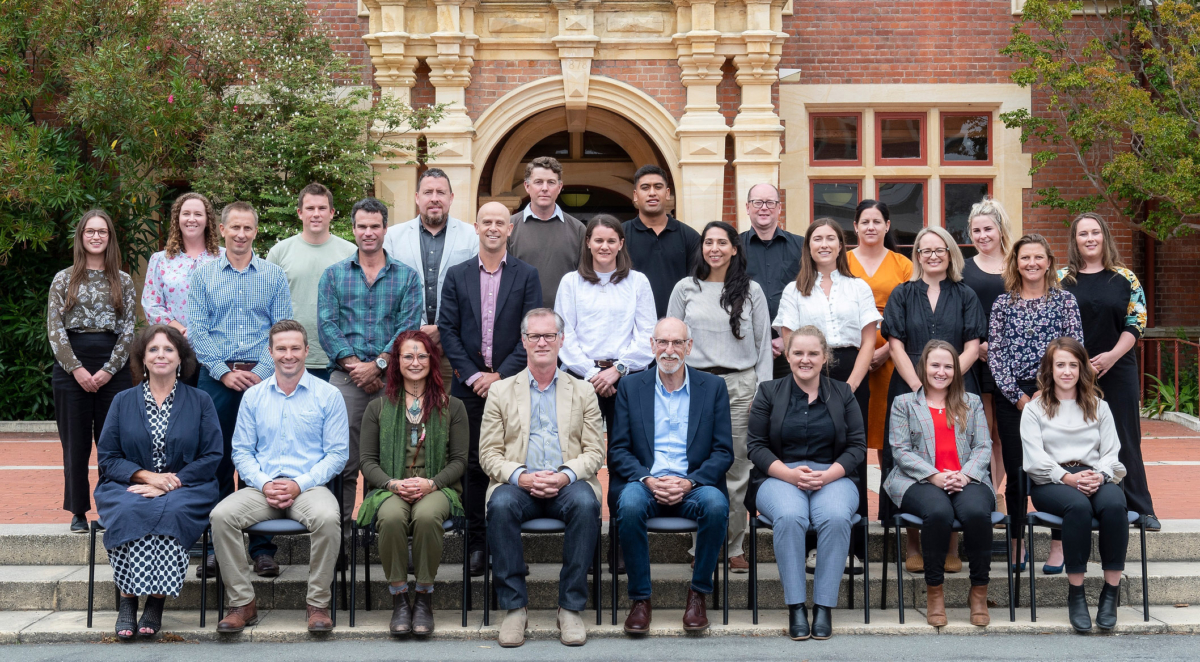
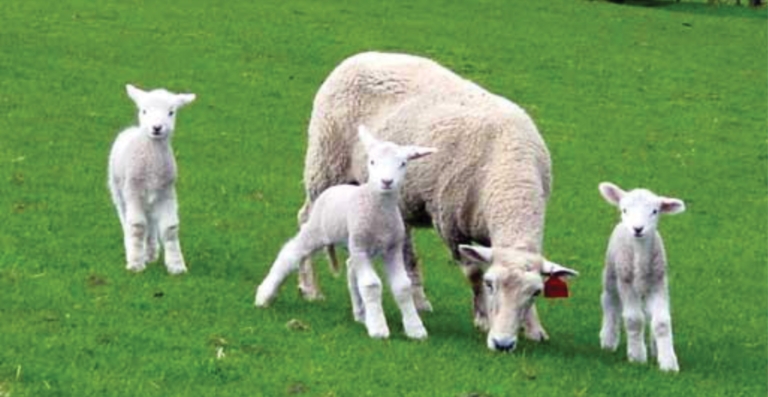
Addressing Mortality in New Zealand Lambing Systems.
Mortality in New Zealand lambing systems is potentially a significant issue for the primary industry, which is thoroughly explored in this research project. It is a must-read for all involved in the sheep and beef industry.

Bridging the gap: Exploring the impact of musculoskeletal health on performance and injury risk in the Food and Fibre Sector.
How does musculoskeletal health correlate with injury risk and performance outcomes in the Food and Fibre Sector?
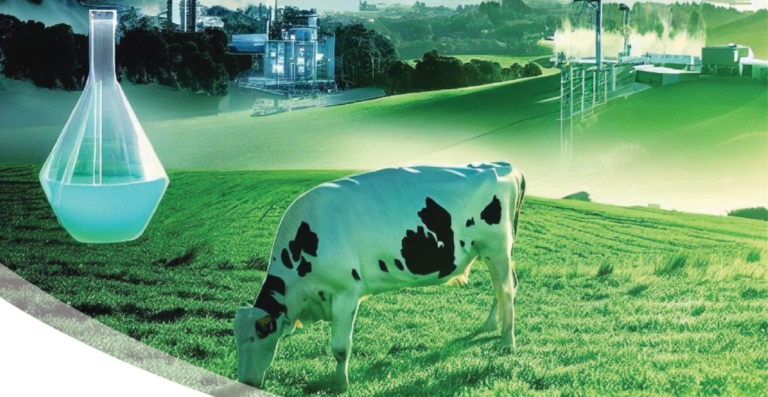
How Can Technology Help Achieve Sustainable Agriculture in New Zealand?
This report examines the potential of disruptive innovation and emerging technologies to enhance the sustainability and resilience of New Zealand’s sheep, beef, and dairy farming systems.
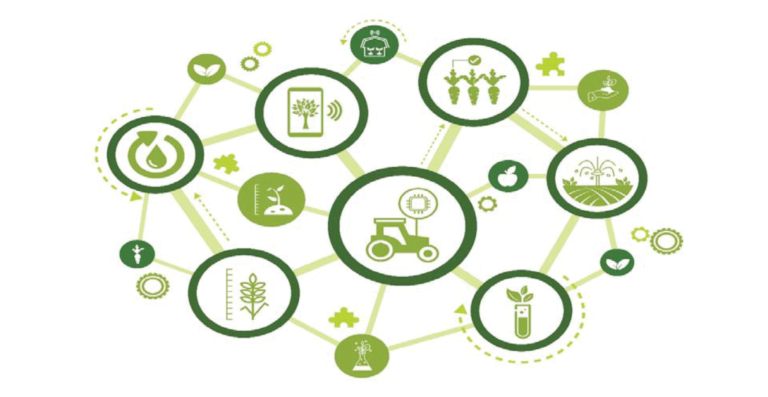
How do early-stage AgriTech founders use professional assistance?
This report looks at how smaller AgriTech start-ups have used professional assistance, with the objective of better understanding of why or why not assistance is obtained and the timing around these decisions.
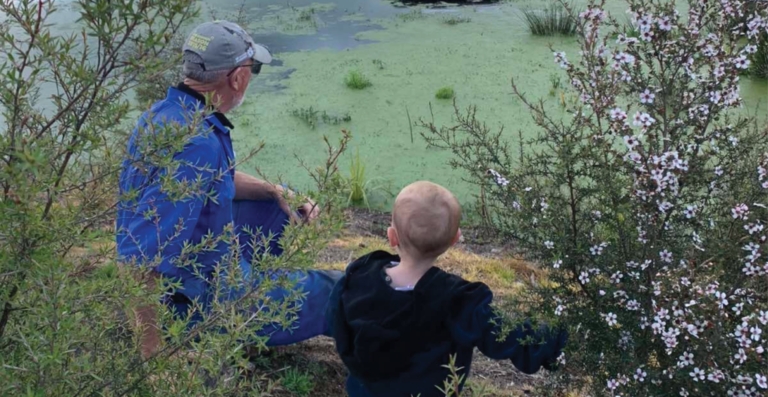
How might freshwater regulations provide certainty for farmers to innovate?
The purpose of this research is to investigate the relationship between changing freshwater regulations and farmers appetite to innovate on farm to achieve freshwater improvements.
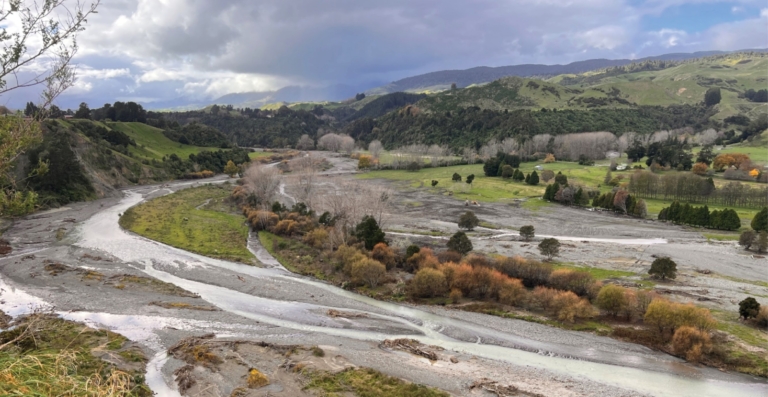
How might Manawatū-Rangitīkei sheep and beef farmers futureproof their land?
This report translates scientific climate modelling into practical contexts for Manawatū-Rangitīkei sheep and beef farmers. It aims to provide knowledge of climate change predictions, risks and opportunities associated with climate change predictions, and what actions might future-proof farming businesses?
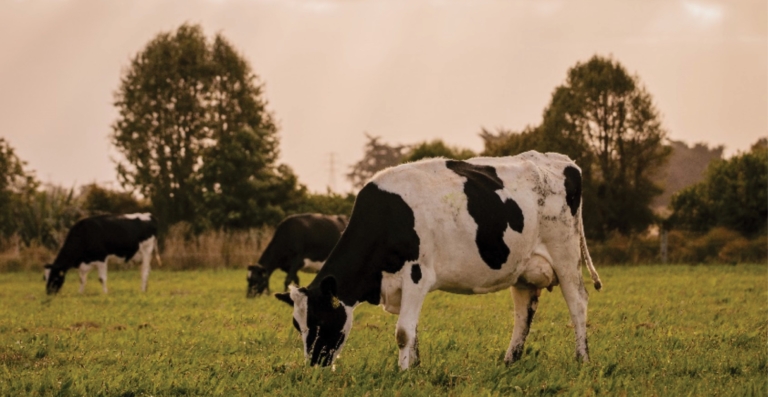
Know Your Why – Motivations for a Sustainable Future.
This report aims to understand the motivations behind dairy farmers adoption of innovations and learn how to accelerate uptake of practices that ensure long-term sustainability of farming in New Zealand.

Lean on Me: The Effectiveness of Psychosocial Services Available to Farmers Following Adverse Events.
This report examines who the stakeholders are in the rural psychosocial ecosystem, how farmers interact with these stakeholders, and how these stakeholders in turn interact together. It aims to understand the challenges to delivery of psychosocial services, and possible solutions.
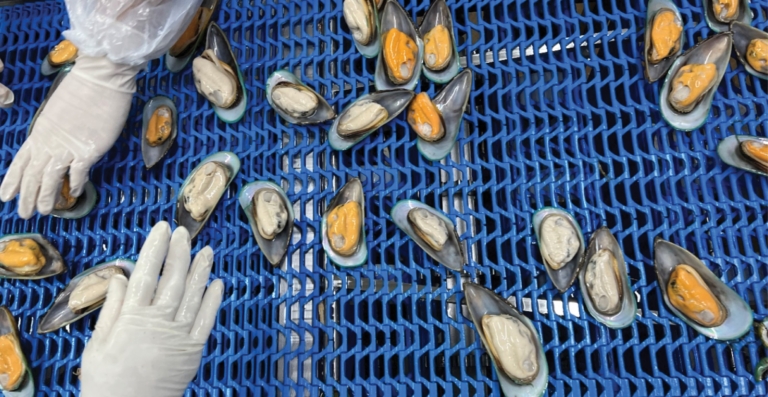
New Zealand Aquaculture Shellfish Processors and Third-Party Certifications.
The aim of this report is to assist New Zealand aquaculture shellfish processors in determining what third-party certification is best for their operations based on current industry practices, consumer opinions, by providing an overview of the most prevalent third-party certifications.

Non-Financial Reporting: Generating Value and Improving Sustainability from Non-Financial Farm Information.
This report seeks to understand how farmers are using NFR to generate more value in their business, and how they communicate their non-financial information to stakeholders.

Regenerative Agriculture: How might New Zealand benefit?
Regenerative Agriculture (RA) is regarded by some as the solution to the global food crisis. Positive environmental outcomes can be achieved with the use of RA. This Kellogg report by Kris Bailey looks at the benefits, opportunities, and challenges of RA use for NZ.
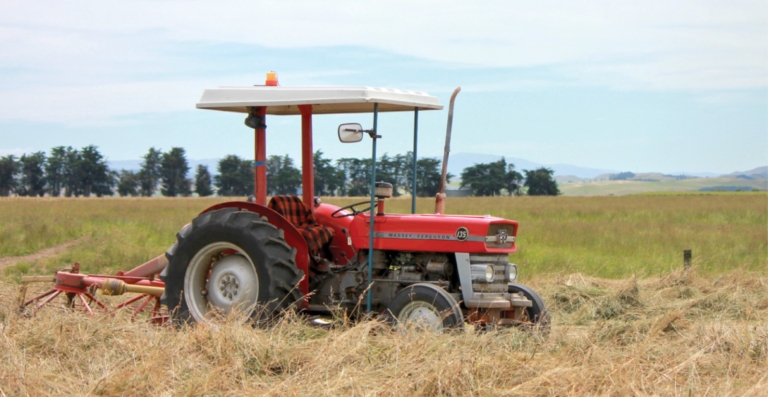
The Competition for Farmer Sentiment.
This report explores if industry leaders, representatives and lobby groups are further reinforcing negative sentiment by the way they are communicating with farmers. It also looks at the potential future consequences of their approach.

What leadership characteristics are required for the New Zealand primary industry to achieve the transformational change required?
The aim of this report was to identify what leadership is and how it can facilitate or hinder transformational change. The report aimed to critically assess, compare, and contrast characteristics of leadership displayed in transformational change.

Women in beekeeping: how to champion ladies in the apiculture industry.
The Apiculture industry plays a key role in the economy: for its production, for the benefits that bees provide to the ecosystem and economy. This report focuses on female beekeepers and delves into their experiences in New Zealand’s Apiculture Industry.


























